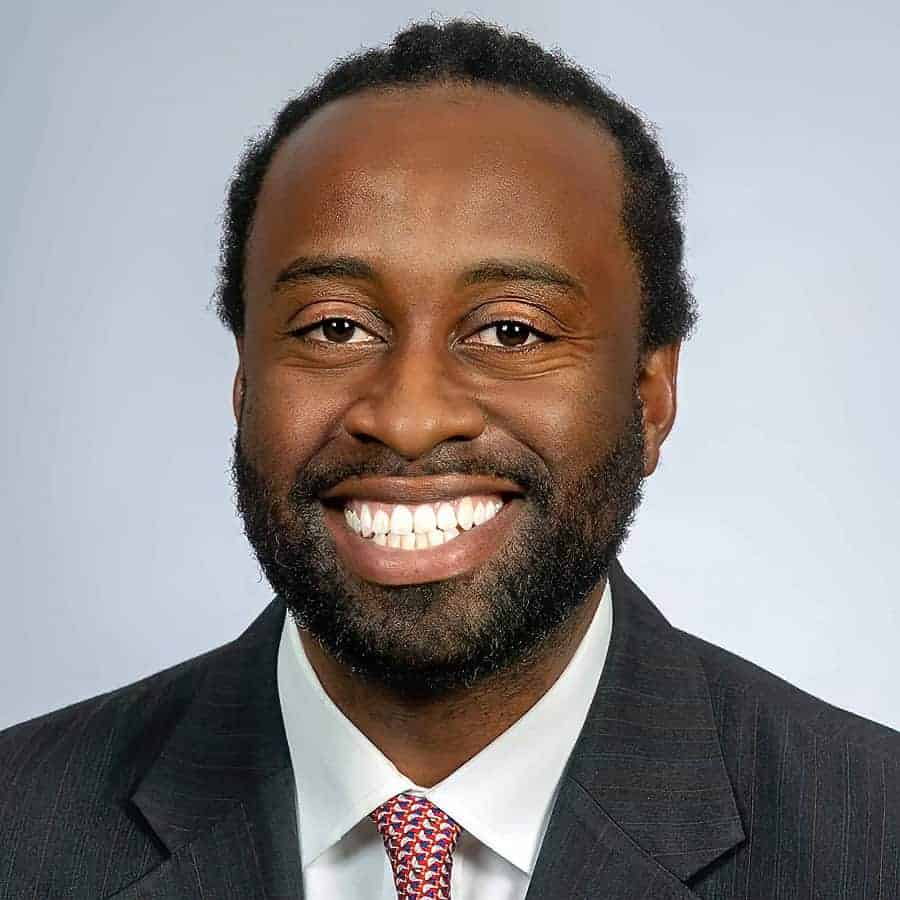In this episode, we talk to Vatsal Shah, P.E., Ph.D., D.GE, the Principal Engineer at ANS Geo, Inc, about the difference between engineering geology and geotechnics and how it differs from traditional engineering geology.
Engineering Quotes:
Here Are Some of the Questions We Ask Vatsal:
- How did you decide to become an engineer and what led you to geotechnics?
- Was it important to you to be a “jack-of-all-trades” or a “master of one”?
- Why is being a Diplomat (D.GE) important to you?
- What is the difference between engineering geology and geotechnics?
- How does geotechnics in renewable energy differ from traditional geotechnics?
- What is it like completing geotechnical investigations for sites that are several thousand acres large?
- Does traditional geotechnical education allow emerging geotechnical engineers to be ready for a career that supports renewable energy?
- What drives you to be active in all your different career paths?
- What advice would you like to give to geotechnical engineers out there?
Here Are Some of the Key Points Discussed About The Difference Between Engineering Geology and Geotechnics:
- Work as a geotechnical engineer involves a little of everything, like business development, technical reviews, fieldwork, and site characterizations. Vatsal’s favorite part is being a geotechnical engineering leader and
- ANS Geo, Inc is a second-generation, family-owned firm. He has been doing engineering work from an early age, which helped him realize how important engineering is in everyday
- Having a diverse background helped Vatsal learn specific skill sets and use them in different disciplines. To be a master of one is also beneficial, but he enjoys experiencing different types of work, keeping his skill set broad, and applying the same concepts across different backgrounds.
- A Diplomate (D.GE) is an ASCE Certification that shows you are specialized and you made a career out of your choice of discipline. You must commit to your professional career to keep yourself updated and to learn and continue growing in your geotechnical field.
- Engineering geology is about understanding how the earth was formed and how the lands were generated over time. An essential part of understanding engineering geology is to understand the soil characteristics, topography, and drainage across the areas, depending on where you are located. That way, you can better understand how to have a great design process related to constructability, e.g., whether certain structures can be installed or which design assumptions should be made. You can’t have one without the other.
- There are many commonalities in the geotechnics of renewable energy and traditional geotechnics, but it is more challenging to understand the scale of the renewable energy sites. They are in remote locations that are exposed to all the elements. These areas are not studied regularly and do not have many geological references for them. You must use many of the tools available to you to profile a large area with very few borings. You must deal with geotechnical challenges on a very big scale.
- Renewable energy is relatively newer, so the codes and standards have not been firmed up yet. Therefore, the projects are more about what the owner is looking for, how to mitigate risk, and how that risk is translated to construction. There are no standards for renewable energy yet, but there is a rule of thumb and a lot of engineering judgment that is used.
- Regarding geotechnical investigations for sites that are several thousand acres large, you must know how to use the different pieces in your toolbox, whether it’s field investigation, using soil borings, or test pits to get more information and optimize designs.
- Any geotechnical engineer or geologist can easily use the skills they have learned to leverage into the renewable energy industry, but there are some things you have to learn along the way. DNV and ASCE have a lot of guidance about renewable energy.
- The best way to learn is by teaching. Being part of different associations, such as ASCE and the National Society of Professional Engineers, is essential for an engineer because the work is not only technical, you are working with a lot of different stakeholders, and you are taking a lot of opinions into consideration. You have to understand which theory is available, understand what’s constructible, and understand what can be designed, and the nexus of all these environments helps to create a good engineer.
- Never underestimate the benefit of fieldwork. Creating a dialog with other engineers about the site you are visiting helps to create organic training for everyone
More Details in This Episode…
About the Guest: Vatsal Shah, P.E., Ph.D., D.GE

Vatsal has been responsible as geotechnical practice leader for all energy projects, as well as a variety of geotechnical services across the east and south, and managed a geotechnical department consisting of 30 geotechnical staff located across the U.S. Vatsal is currently responsible for managing and maintaining ANS Geo’s operations and growth across the U.S., as well as oversight of civil, structural, and geotechnical professionals who conduct geotechnical investigation programs, evaluate laboratory test results, and provide geotechnical recommendations for foundations, structures, retaining walls, slope stability, and other infrastructure improvements.
In addition to geotechnical engineering, throughout his career, Vatsal has maintained an emphasis on the energy sector, including extensive experience in solar, wind, battery storage, and natural gas developments. He has also prepared designs, site plans, specifications, permit applications, and cost estimates for numerous, high-profile energy projects across the U.S., including large interstate pipelines with substantial geologic complexity. Vatsal has also provided geotechnical and civil engineering specialty services, such as forensic evaluation of solid waste landfills, slope instability, expert witness testimony to support erosion control related to post-construction restoration, and identification and emergency response to geohazards such as karst and sinkholes, formerly mined areas, landslides, and structural failures. He has served as an expert on ground-borne vibrations, including blasting and impact-driving construction equipment vibration assessments and evaluation toward nearby receptors.
Vatsal has been nationally recognized by Engineering News-Record (ENR) as one of the Top 20 under 40 for the New York Metropolitan Region, the American Society of Civil Engineers as the “Face of Civil Engineering” for 2013, and as the “Young Engineer of the Year” by the National Society of Professional Engineers in 2019. He also maintains active faculty positions at both NYU Tandon School of Engineering (Brooklyn, NY) and New Jersey Institute of Technology (Newark, NJ) as an adjunct professor teaching undergraduate and graduate courses in geotechnical and geo-environmental engineering.
Vatsal is a third-generation civil engineer, alongside his father and great-grandfather. Vatsal enjoys spending time with his wife and family, cooking, and the great outdoors. You can catch him in the summer on his inflatable kayak in the Hudson River, taking a weekend hike at High Tor and Low Tor, and exploring new breweries in his area. In the winter, Vatsal is an avid skier and enjoys winter sports.
About the Host: Jared M. Green, P.E., D.GE, F.ASCE

Jared is a consultant and team leader who also enjoys mentoring young engineers and first-generation college students. He has been instrumental in increasing the number of pre-college students who are interested in STEAM majors and fields. He strives to make complex engineering topics relatable and understandable to people new to the field and to people who are completely unfamiliar with engineering. Jared and his family currently reside in Flemington, New Jersey. He and his wife have three energetic, inquisitive, and awesome children. You can connect with Jared here.
Sources/References:
ANS Geo Inc.
ASCE
National Society of Professional Engineers
DNV
Connect with Vatsal on LinkedIn
This Episode Is Brought to You by PPI

Please leave your comments or questions in the section below on the difference between engineering geology and geotechnics.













